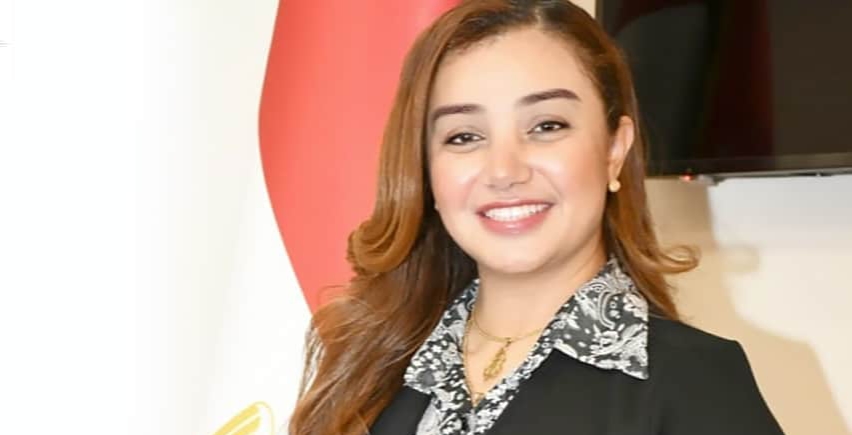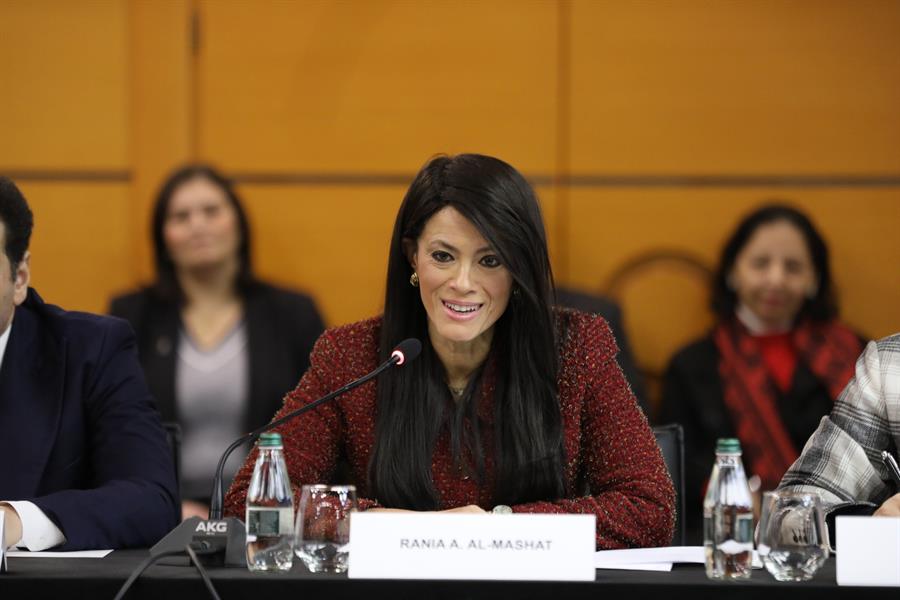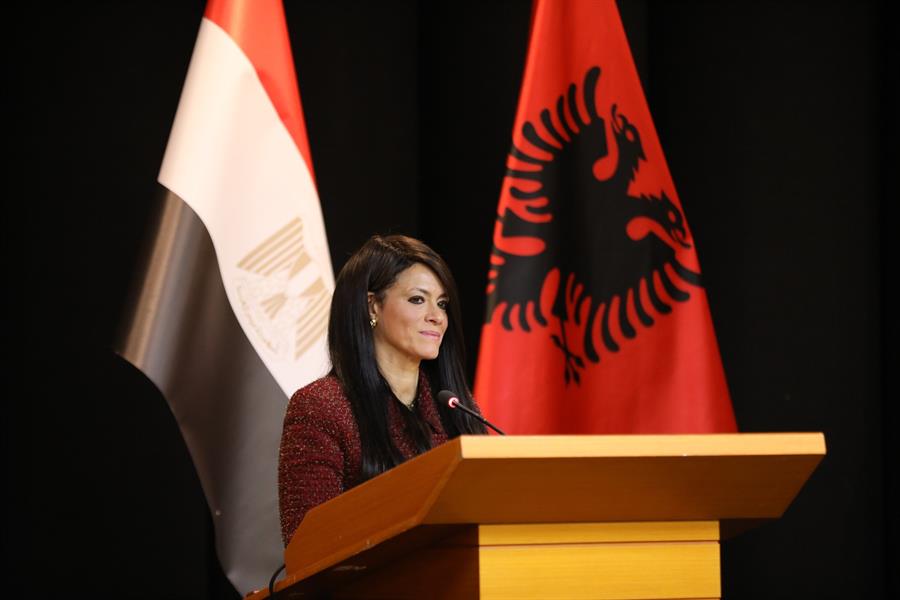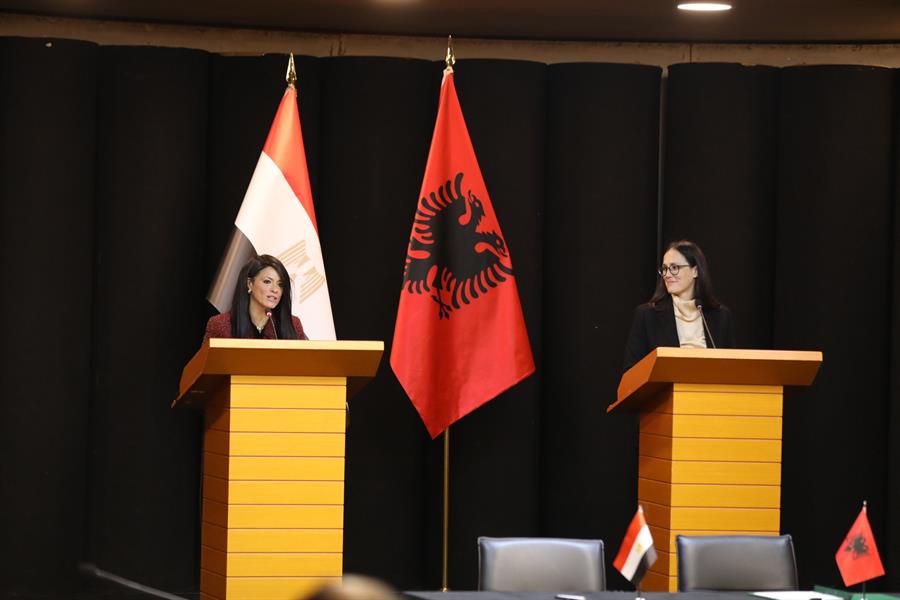Ministry of Planning participates in the Sixth Annual Forum of the Arab Initiative for Social and Economic Empowerment of Literate Women

25 September 2021
The Ministry of Planning and Economic Development represented Dr. Shaimaa Siraj, Director of the Equal Opportunities Unit; At the Sixth Annual Forum of the Arab Initiative for Social and Economic Empowerment of Literate Women, which was held by the General Authority for Adult Education and the Women and Society Association under the title "Adult Education and Developmental Dimensions of Women's Empowerment".
During her speech, Dr. Shaima Siraj referred to the concerted international and local efforts to target reducing illiteracy rates in general, and among women in particular, so the Egyptian government implements many ambitious programs that aim, in total, to reduce illiteracy rates, foremost of which is the increase in government investments in the field of education for 2021/2022.
Siraj explained that the programs offered by the Ministry of Planning and Economic Development aim to increase the capabilities of Egyptian women at the scientific, administrative, and leadership levels through various programs provided by the ministry's agencies, such as the Central Agency for Public Mobilization, Statistics (CAPMS), the Institute-of-National-Planning (INP), the National Institute for Governance and Sustainable Development (NIGSD), and the Demographic Center in Cairo.
The Director of the Equal Opportunities Unit at the Ministry of Planning referred to the government's efforts to support women to confront the Coronavirus, explaining that the percentage of women beneficiaries of the presidential grant reached 47%, in addition to women acquiring the largest share of loans and microfinance, with rates reaching 62% of the total beneficiaries.
Dr. Shaima Siraj asserted that efforts are being made, formulated by the pillars of action and initiatives to implement the strategic vision of the Equal Opportunities Unit, to provide equal opportunities aimed at empowering the economically, socially, and politically disadvantaged groups.
This is through the institutional strengthening of equal opportunities units, making more efforts to support women in the field of entrepreneurship, launching several initiatives concerned with empowering women at the economic, social, and political levels, and ongoing analysis of sectorial gaps and the status of women, with the aim of direct intervention.









